At the MSPO defense exhibition, the WB Group presented a thorough warfighting idea centered on the assimilation of manned, unmanned, and autonomous assets for intelligence gathering, situational recognition, precision targeting, and strike objectives– both at close range and deep behind enemy lines.
The concept leverages WB Team’s existing portfolio, consisting of the Gladius long-range loitering weapon, the Warmate family of short- and medium-range assault drones, and the FlyEye reconnaissance UAV. At its core is the brand-new Future Job Force (FTF), an integrated manned-unmanned formation that incorporates unmanned ground lorries, loitering tools, and mine-scattering capacities right into a cohesive functional structure.
Resolving Pressure Restructuring
The FTF idea lines up with the Polish Army’s strategy to lower the size of armored and mechanical battalions from 58 armored battling vehicles (AFVs) to 44 By presenting a manned-unmanned fight team instead of one firm, the FTF can preserve the battalion’s general firepower and battle efficiency. The hybrid framework is designed to autonomously control fields of the cutting edge or flank as much as 50 km deep, while dramatically reducing manpower, lorry, and logistical demands.
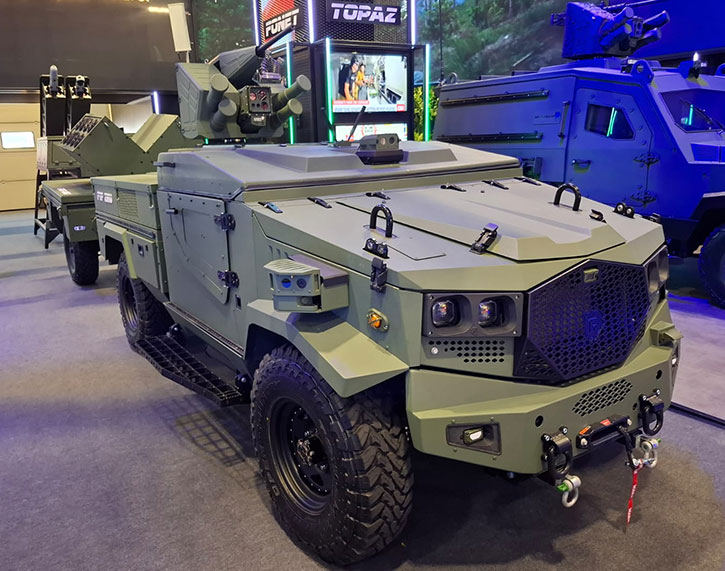
Hybrid-Electric Combat Automobile
The FTF counts on a brand-new, additionally manned, hybrid-electric fight car equipped with the ZMU- 05 remote weapon station, which places sophisticated optronic sensing units, a gatling gun, and smoke grenade launchers. Goal modules can be continued the automobile itself or hauled on a trailer, allowing versatile haul options consisting of UAV launchers, loitering munition packs, or a mine-scattering system.
Its hybrid-electric drive gives silent operation and power storage for sustained wheelchair and troop support. Operational control is preserved at distances of approximately 50 km from the command post.
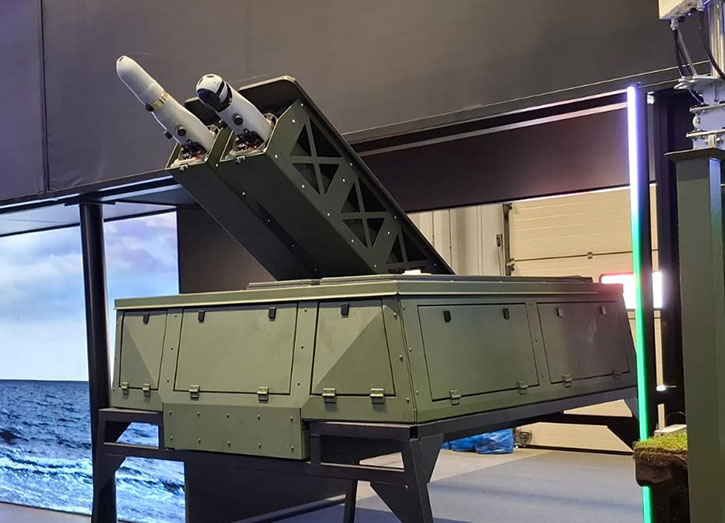
Warmate TL Family
A main aspect of the FTF is the Warmate TL (tube-launched) collection.
Warmate TL-C: A loitering tool fitted with modular warheads evaluating up to 2 kg, consisting of blast-fragmentation with an EFP insert, shaped-charge warmth, and thermobaric alternatives. It can loiter for 45 minutes and strike at speeds of 150– 180 km/h.
Warmate TL-R: A reconnaissance variant using the same airframe, fitted with EO sensing units in place of a warhead. It is recoverable through parachute and airbag, enabling payload reuse.
Introduce tubes can be reloaded manually and made all set for use within 45 seconds, allowing rapid multi-drone procedures for reconnaissance, strike, or interactions relay.
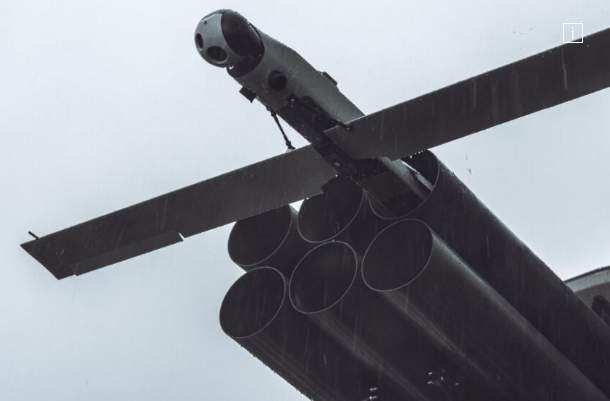
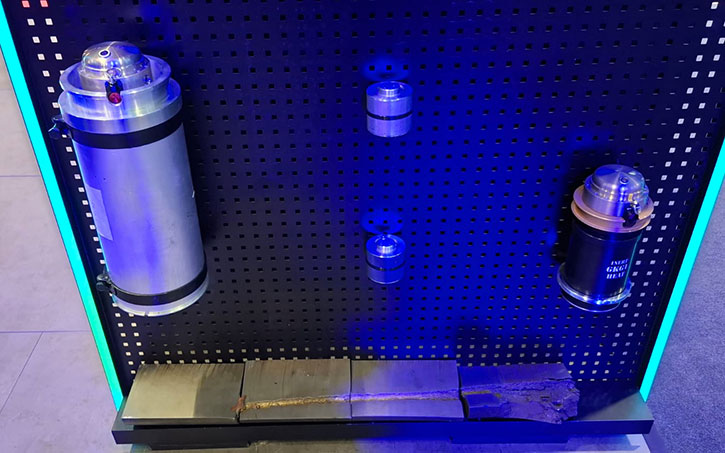
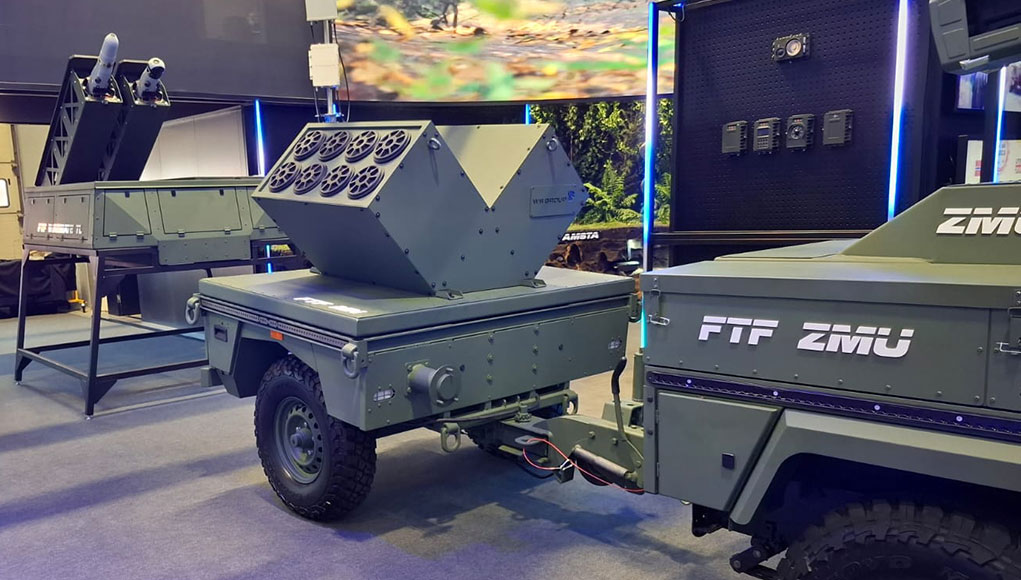
Minelaying and Future Modules
The trailer-mounted component presently utilizes MN- 123 anti-tank mines, with future development capacity for projectile launchers or various other objective hauls.
All parts are operated by a little group from a tactical lorry, using WB Group’s Topaz integrated combat monitoring system. Integration with the EyeQ AI-enabled target procurement collection allows real-time photo processing and sensor fusion throughout drones, weapon terminals, and monitoring systems.
By fusing crossbreed fight lorries, loitering artilleries, mine-scattering systems, and AI-enabled fight administration, WB Group’s Future Task Force presents a scalable remedy for Poland’s advancing force structure. It intends to supply independent battle power throughout extended battlespaces while minimizing dependence on manpower and hefty mechanized properties.